I had a lot of trepidation in seeing the new Cinderella. For one thing, it’s always a bit dicey to do a remake of any truly classic film. Of greater concern, however, was how Disney has handled the whole concept of fairytales in recent movies. Frozen played with classic fairytale tropes in surprising ways, which admittedly made for a fun movie. However, Maleficent boldly subverted many of the classic fairytale tropes by suggesting fairytales had gotten concepts such as good and evil wrong; perhaps there are no such thing as absolutes, just misunderstandings of where certain characters are coming from. Then there was Into The Woods, which didn’t just subvert fairytales but out and out desecrated them. So when I heard there was a modern, live-action remake of Cinderella coming, I couldn’t help but shudder at what sort of “modernization” one of Disney’s most beloved classics might undergo. Much to my relief and delight, Cinderella turned out to be more of an affirmation of classic fairytales rather than a re-envisioning of them, and I think that’s why it’s also one of Disney’s very best films in recent years.
You won’t find any “updates” or “modern revisions” here, but you will find purity and goodness and heart and optimism and love and all the wonderful things that make fairytales so endearing, enriching, and encouraging. There’s none of the relativistic, morally ambiguous re-imaginings here but the simple absolutes that love, forgiveness, and kindness are powerful and enduring while cruelty, selfishness, and evil lead to nothing but misery and destruction. Cinderella brings back fairytales that believe in happy endings and true love, and while those may seem like old-fashioned ideals, as Agent Coulson once said to Captain America, “Maybe what the world needs a little more old fashioned.” Some things don’t need to be modernized or reimagined, some things are just timeless such as the ideals often found in classic fairytales such as Cinderella.
Cinderella not only restored my faith in Disney’s ability to tell a classic fairytale without the need of a “modern update;” it also convinced that perhaps remakes aren’t always such a bad idea after all. This version perfectly captures the spirit and magic of the animated classic while telling its own version of that familiar story. It pays homage without imitating, and it fleshes out the story (pun intended, since this is, after all, live-action) in interesting ways while keeping the familiar core intact. It’s an incredibly difficult balance to maintain yet Kenneth Branagh makes it look effortless. From mice friends to “bippity-boppity-boo,” all of the elements one would hope to find are here, often different and yet comfortably familiar. Indeed, the only thing I could fault this movie with was the lack of my favorite song during the Prince’s dance with Cinderella, “So This Is Love.” (On the plus side, we do get a lovely rendition of “Bippity-Boppity-Boo” during the credits.) Somehow, this version of Cinderella feels both more “grounded” than the original but just as magical, which makes for a delightful movie-going experience that was once a unique hallmark of Disney films (and apparently, still can be).
I was also pleased to see so many encouraging and positive messages shared over the course of this movie, chief among them being the importance and power of kindness. 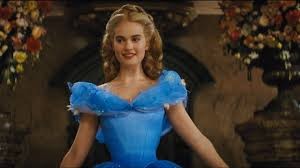 We live in a hard, harsh world, which makes it easy at times to overlook kindness or to view it as weak and ineffectual. However, Cinderella is right to highlight the power of kindness. It’s funny, but kindness isn’t something always associated with God, and yet the Bible clearly says it’s his kindness that leads us to repentance (Romans 2:4). It was his kindness that led his only son Jesus to the cross, and death, and to resurrection. Strange to say, perhaps, but wouldn’t you say that it was a kindness to us to not make us suffer such a thing, to have someone else pay for that which we could never pay on our own, to suffer the consequences we so rightly deserve? Yes, kindness is powerful. It was powerful enough to overcome sin and death, and its power can bring change, even eternal change.
We live in a hard, harsh world, which makes it easy at times to overlook kindness or to view it as weak and ineffectual. However, Cinderella is right to highlight the power of kindness. It’s funny, but kindness isn’t something always associated with God, and yet the Bible clearly says it’s his kindness that leads us to repentance (Romans 2:4). It was his kindness that led his only son Jesus to the cross, and death, and to resurrection. Strange to say, perhaps, but wouldn’t you say that it was a kindness to us to not make us suffer such a thing, to have someone else pay for that which we could never pay on our own, to suffer the consequences we so rightly deserve? Yes, kindness is powerful. It was powerful enough to overcome sin and death, and its power can bring change, even eternal change.
Ironically, I’ve heard some bemoaning Cinderella’s return to outdated views and old-fashioned ideals. They don’t like the fact that Cinderella is so sweet and kind to the point of not having any “backbone” and instead is just waiting for someone to save her. I’m thinking they didn’t see the same movie I did, for this film emphasized that it takes courage to be kind in the face of cruelty. It takes strength and character to determine to do good even when there is no hope of reward or even a return of goodness. In fact, don’t we praise Martin Luther King Jr. for holding to the same ideals of not returning cruelty and violence with more cruelty and violence? Isn’t that what some people even laud Jesus for? So how is the fact that Cinderella chooses to be kind, to believe in goodness, to continue to hope something that makes her weak? It seems to me she’s anything but weak and passive, and she accomplishes something most people aren’t even willing to attempt. It’s a powerful message of empowerment not just for girls, but for us all.
While it does carry some very powerful and uplifting messages in it, Cinderella never forgets to have fun. Humor and heart are perfectly balanced, and even the cruel stepmother is given some humanity and reasons for us to feel sorry for her. Cate Blanchet is brilliant in her role, bringing just the right touch of heartlessness and that subtle shadow of pain that shows she never really meant to end up this way. In truth, the entire cast does a fantastic job, and that mixed with sumptuous costumes and a beautifully realized world that draws us into the land of fairytales creates an end product that would make Walt Disney very proud.

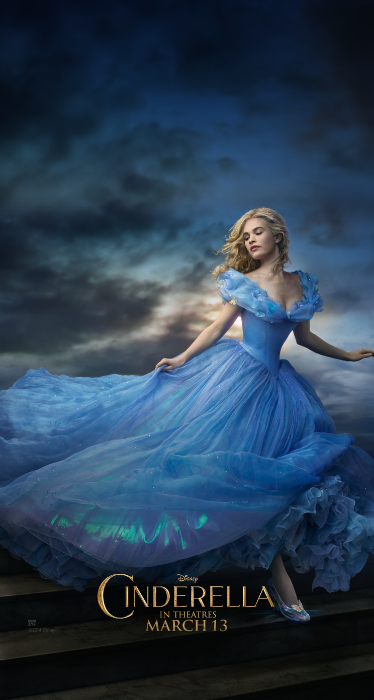

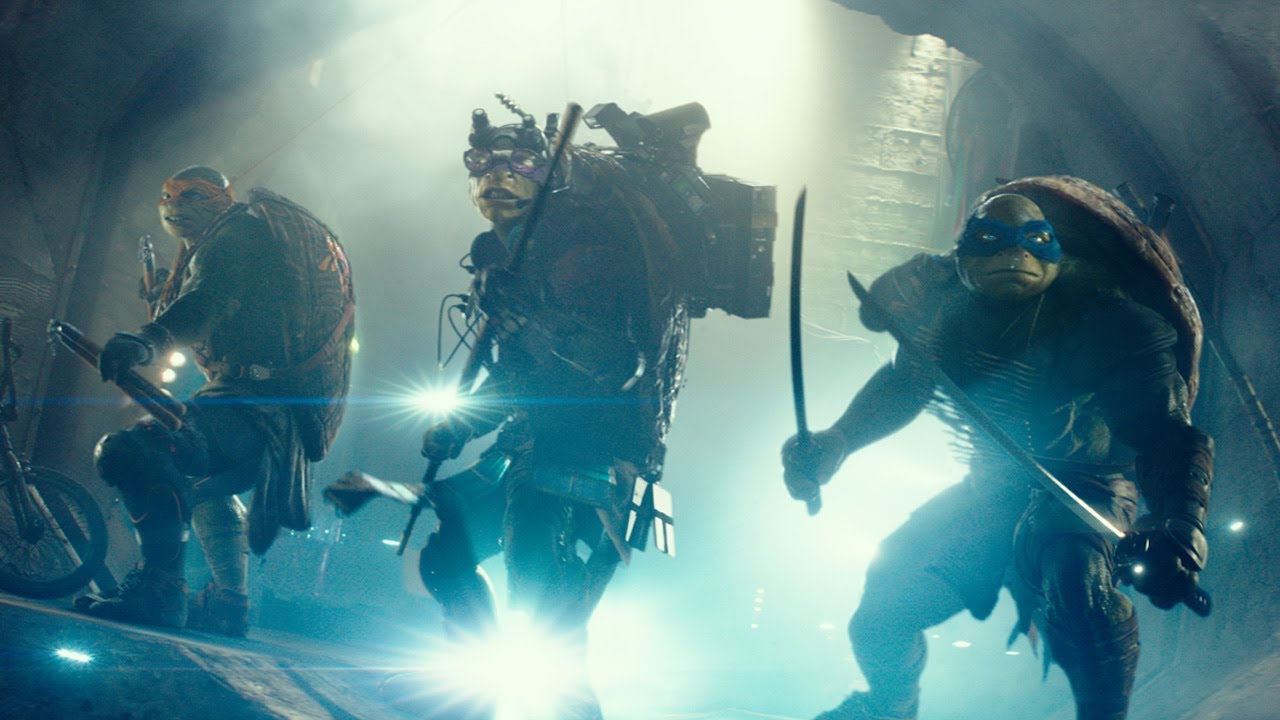
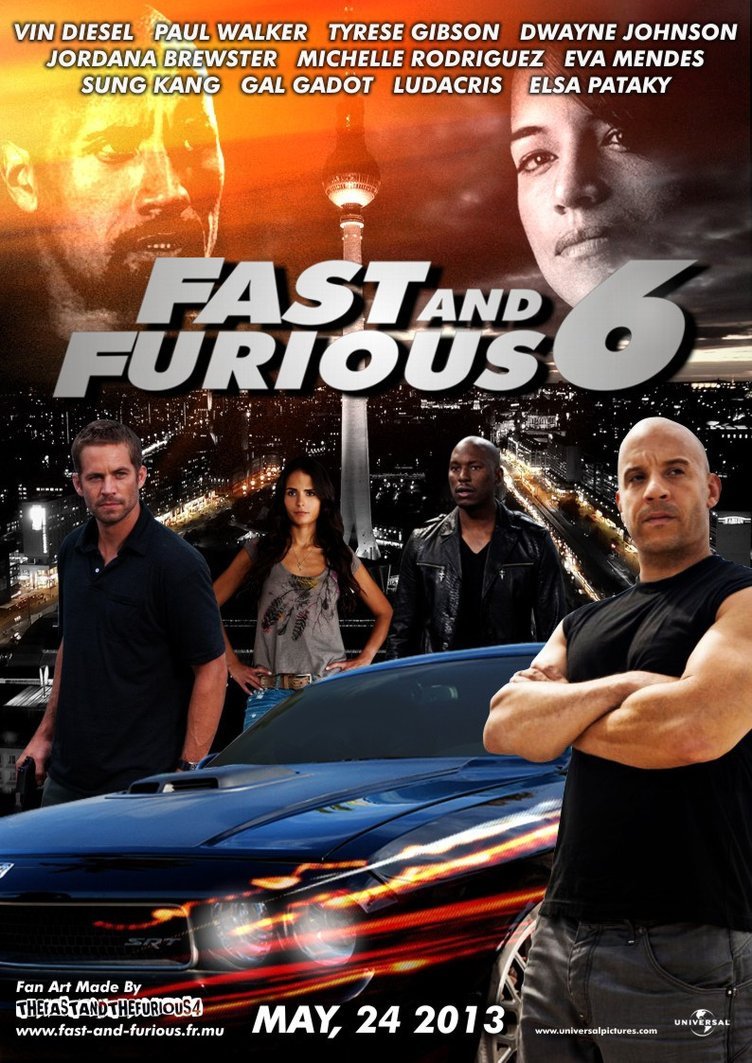
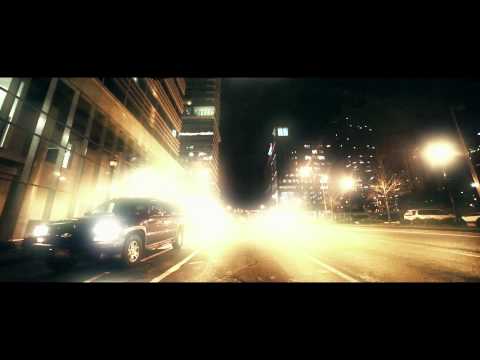
I’m very amazed that there’s a review for this movie here fam. I feel touched though. I love how you connected Christ and the movie. To me, the movie lacked a strong essential plot. It was wobbly here and there. Just my opinion. It was classical and nice regardless. @jamthehype:disqus